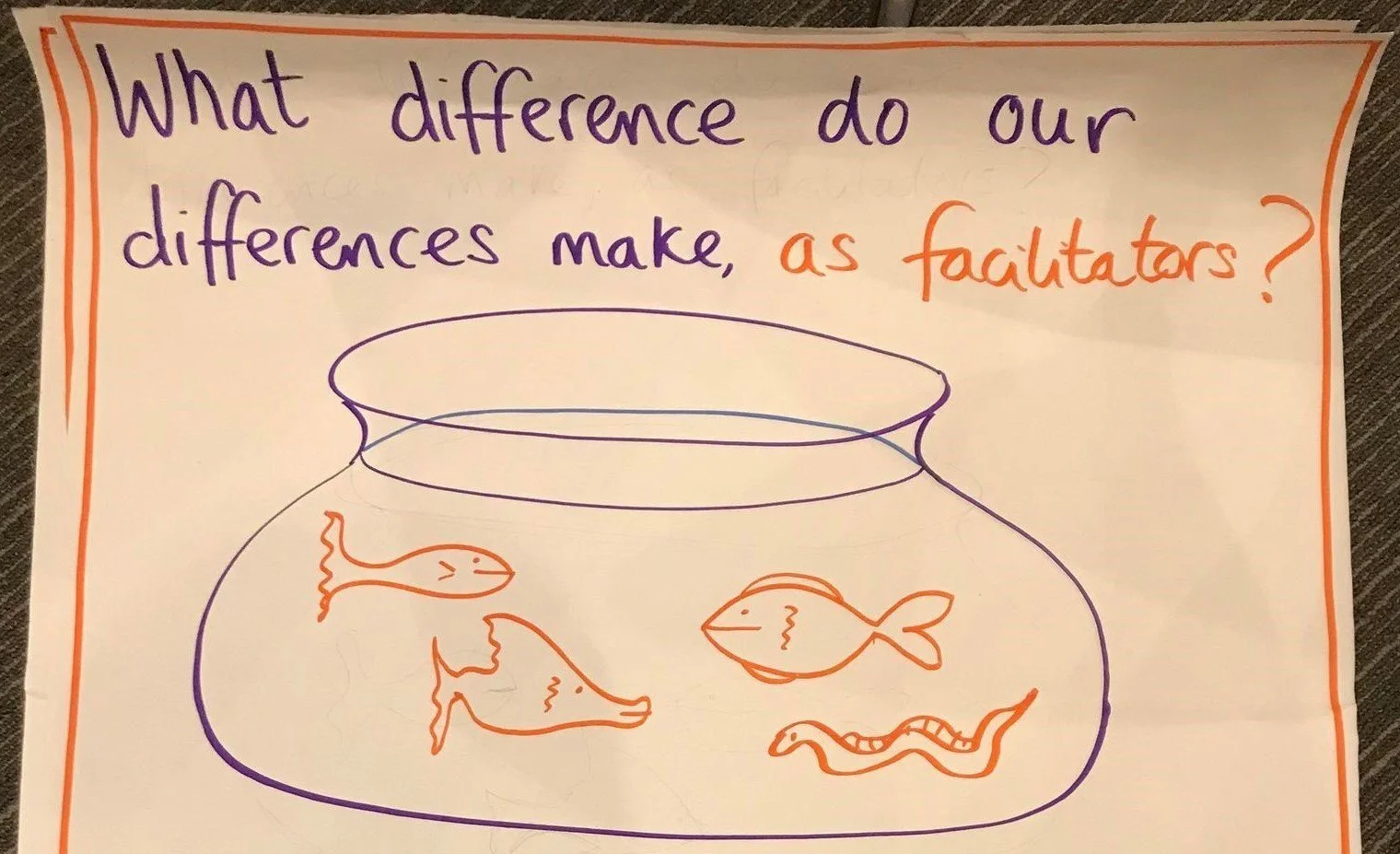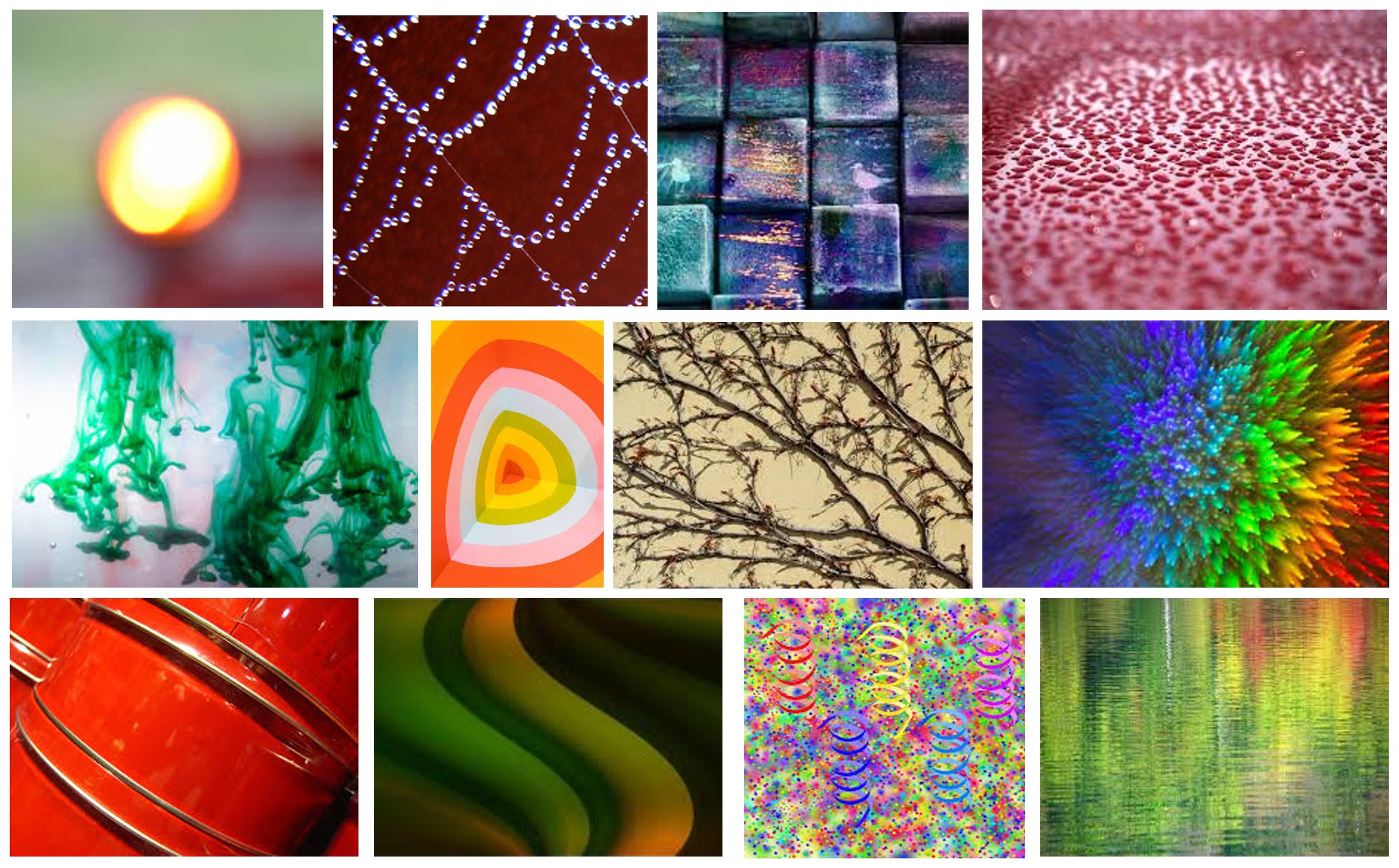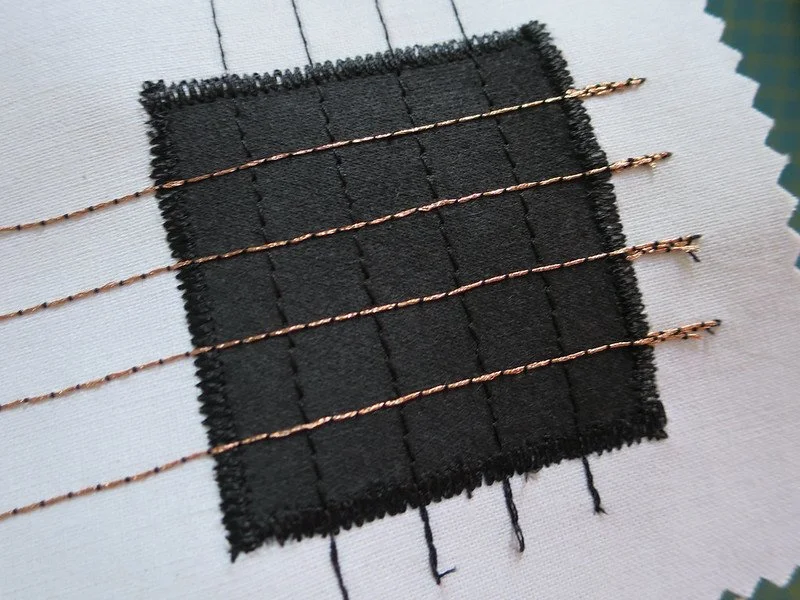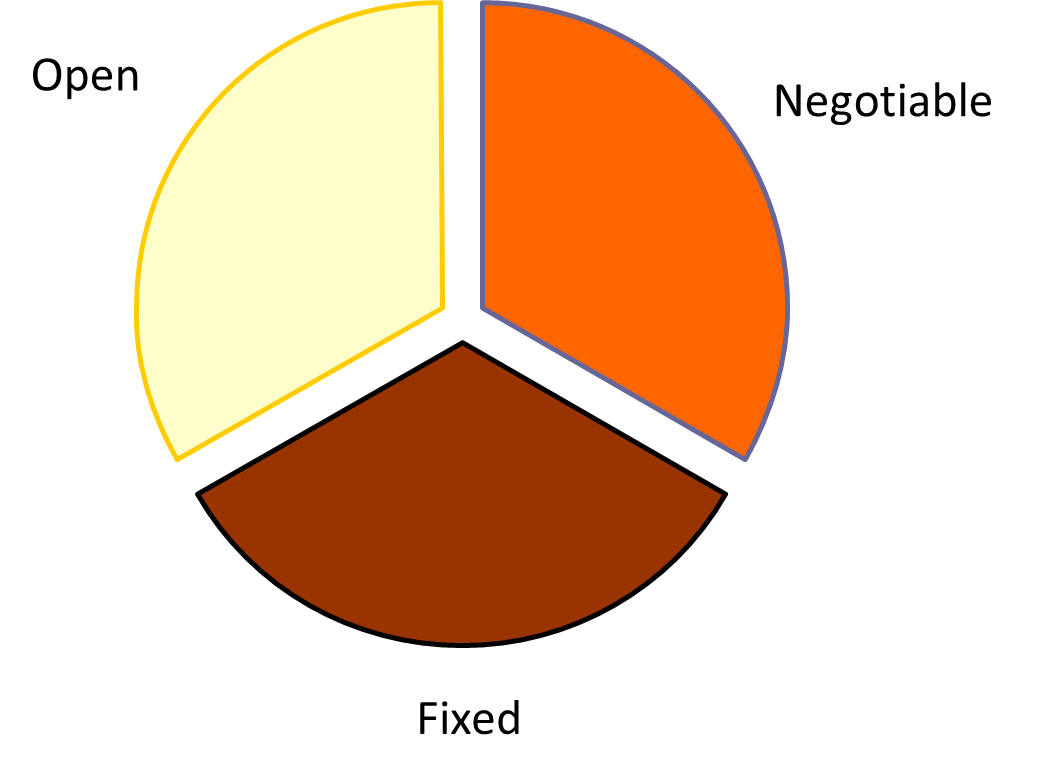I love it when a new piece of work comes in: the excitement of getting to know a new client and group, the creativity in designing a workshop which will fit the ambition and the constraints, deciding what kit to pack… And then there’s the worry and even bad dreams about the many ways it might go wrong, fall flat, peter out, end in chaos and disappointment.
A recent assignment involved a four-day hybrid multi-lingual, multi-time zone workshop based around an organisational assessment survey tool of some 80+ questions. There were many, many ways in which this might go wrong. Amongst our concerns was energy - of the group, and of the four-person facilitation team. As someone asked when I posted about it on LinkedIn, how did we survive and maintain energy?!
Well, we didn’t just survive, we thrived. But it took planning, prep and a willingness to press pause. Let me tell you more.
In the fish bowl
What would you say if you knew the usual suspects wouldn't interrupt you? What would you hear, if you could be a fly-on-the-wall during an open, honest conversation about something difficult? This is the premise of the 'fishbowl' technique, and I ran one at the IAF England & Wales Conference earlier this year. What happened?
Troika consulting
I explained my dilemma to the other two people in my ‘troika’ group, and then turned my back. For the next few minutes, they discussed the problem as if I wasn’t there. I heard empathy, I heard honesty. They were free to talk to each other about what I’d said without worrying about me becoming defensive, or correcting them. They also said what they’d intuited about what I’d not said. It was liberating for us all.
Inviting feelings into the conversation
We work together better when we trust each other, relaxing our guard and being more honest about what's getting in the way and what's energising us. Letting people know that they are welcome however they feel - the good, the bad and the meh - is a powerful way to get there faster. Here are three ways of inviting people to bring their feelings to the conversation.
12+ insights about hybrid meetings on a shoestring
ORID
Here is a summary of the ORID focused conversation method, as described in Change Management for Sustainable Development.
A matrix to have up your sleeve
Change Management for Sustainable Development - downloadable worksheets
Using pen portraits and fictional situations
What would Dumbledore do? 10 ways to spice up your brainstorms
When you need to help people get their creative juices flowing, free up their imagination and come up with ideas in quantity rather than being silenced by the need for quality... a brainstorm is the go-to technique. But sometimes the ideas stop, especially in a virtual meeting. Here are ten ways to get things moving again.
How can we make our online events more beautiful?
When we set up 'real' rooms for participants, we use flowers, music, posters, objects, room layout and pay attention to countless little details, to create a beautiful, welcoming space which says "you matter" to participants. How can we do this online? Twenty facilitators, trainers, coaches and others joined a workshop to share ideas.
Bringing the analogue to digital meetings
Covid-19 and your meetings
Carousel technique - one for your toolbox
Carousel is a great technique when you would like a group's discussions to benefit from the time-efficiency and increased air-time of small group 'parallel processing' while also having the opportunity to build on each others' ideas. It has a few more moving parts than some techniques, so here's some detailed guidance…
101 uses for a paperclip
We needed a quick creative exercise which would inject some light-hearted improvisational spirit into a large group who didn’t know each other very well yet. We had a few minutes before asking them to work in table groups to generate a long-list of ideas for solving a complex environmental and health problem. We wanted to give them some practice of letting go of the need to find quality and embrace quantity!
We didn’t have a lot of equipment or space, so we made up "101 uses for a paperclip".
A postcard to my future self
What is a Citizens' Assembly?
Citizens’ Assemblies are having a bit of a moment in the UK, with Extinction Rebellion calling for them, and national governments, parliaments and local authorities commissioning them on subjects including the future of social care, air quality, transport and climate change. But what exactly is a Citizens’ Assembly?
Testing the water for collaboration
The most important sustainability challenges can only be solved by system change. And system change happens when people work together – collaborate - to change the system.
Collaboration is successful when the collaborators share some compelling aims. It’s not enough for everyone to nod along from the side-lines – they need to be rolling their sleeves up and getting stuck in to the game. How do you help potential collaborators find their shared aims?



















